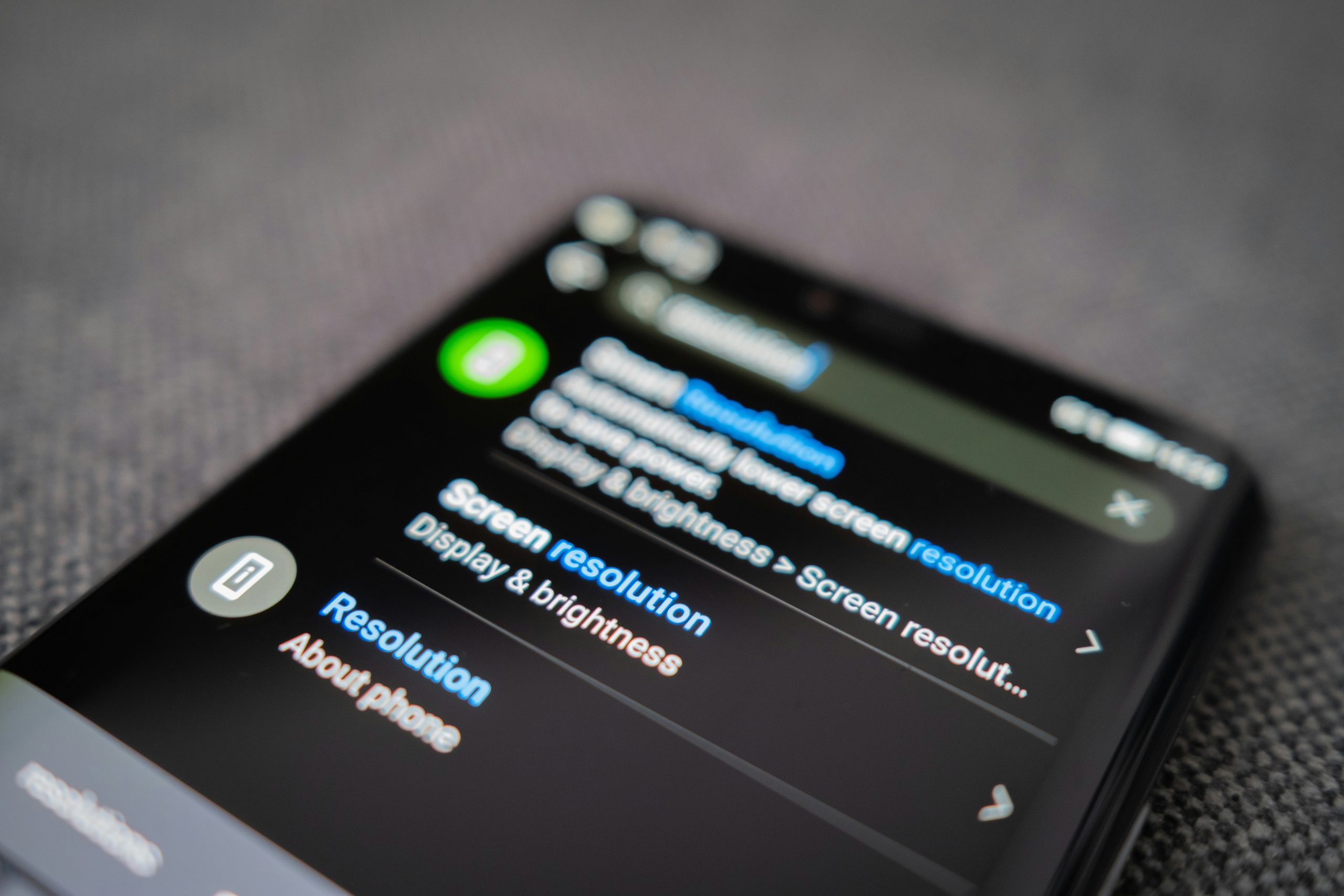
The complexity of remote debugging for mobile platforms
Mobile app development has revolutionized how businesses interact with users, but it also brings significant challenges, especially when debugging issues on remote devices. Android remote debugging and iOS remote debugging each come with unique hurdles—from varying device configurations on Android to the stringent security measures on iOS. Developers and QA engineers need tools that provide a unified, powerful solution to address these challenges efficiently.
AppSpector emerges as a versatile platform for debugging both Android and iOS apps remotely. By providing real-time insights into app behavior, AppSpector enables teams to identify, analyze, and fix issues quickly, saving time and reducing frustration.
Debugging across platforms: a developer’s challenge
Imagine a scenario where a travel app developer, Mia, is tackling user-reported issues on both Android and iOS versions of her app. Android users report crashes during payment processing, while iOS users face inconsistent navigation behaviors. Mia’s standard debugging tools—like Firebase Crashlytics and basic logging—fail to provide enough detail to pinpoint the root causes. With the diversity of Android devices and the strict sandboxing on iOS, traditional approaches leave her with blind spots.
After integrating AppSpector, Mia gains real-time visibility into her app’s performance on both platforms. Using AppSpector’s Android remote debugging capabilities, she discovers that a specific API call is failing on certain Android versions, causing payment crashes. Simultaneously, with iOS remote debugging, she uncovers that malformed JSON responses from the server are disrupting navigation logic. AppSpector’s session replays and annotated logs allow Mia to diagnose and resolve these issues swiftly, ensuring a seamless experience for users.
How AppSpector simplifies Android and iOS remote debugging
AppSpector provides a unified solution for mobile developers dealing with platform-specific debugging challenges. Here’s how it stands out:
- Real-time session monitoring: Debug live user sessions on Android and iOS devices, observing app behavior as it happens.
- Comprehensive data insights: Capture critical details such as network traffic, database queries, UI state, and environment variables across platforms.
- Cross-platform compatibility: AppSpector works seamlessly on both Android and iOS, eliminating the need for separate tools.
- Secure remote access: Debug apps directly on remote devices without requiring physical access, maintaining privacy and security.
- Session replays: Record and replay user sessions for in-depth analysis and collaboration across teams.
- Integration-friendly: Works alongside existing tools like Firebase and Sentry, enhancing rather than replacing current workflows.
The future of mobile debugging with AI
AppSpector’s development team is actively working on AI-powered enhancements to its debugging platform. Planned features include automated detection of performance bottlenecks, intelligent suggestions for bug fixes, and predictive analytics for user behavior. These innovations aim to make debugging faster, smarter, and more intuitive for developers and QA engineers.
Conclusion
Remote debugging for Android and iOS doesn’t have to be a frustrating process. AppSpector bridges the gap between these platforms, providing developers with powerful, real-time tools to diagnose and resolve issues effectively. Whether it’s Android remote debugging or iOS remote debugging, AppSpector is transforming the way developers maintain and optimize their apps. Learn more about how AppSpector can streamline your debugging workflow and enhance app quality.






